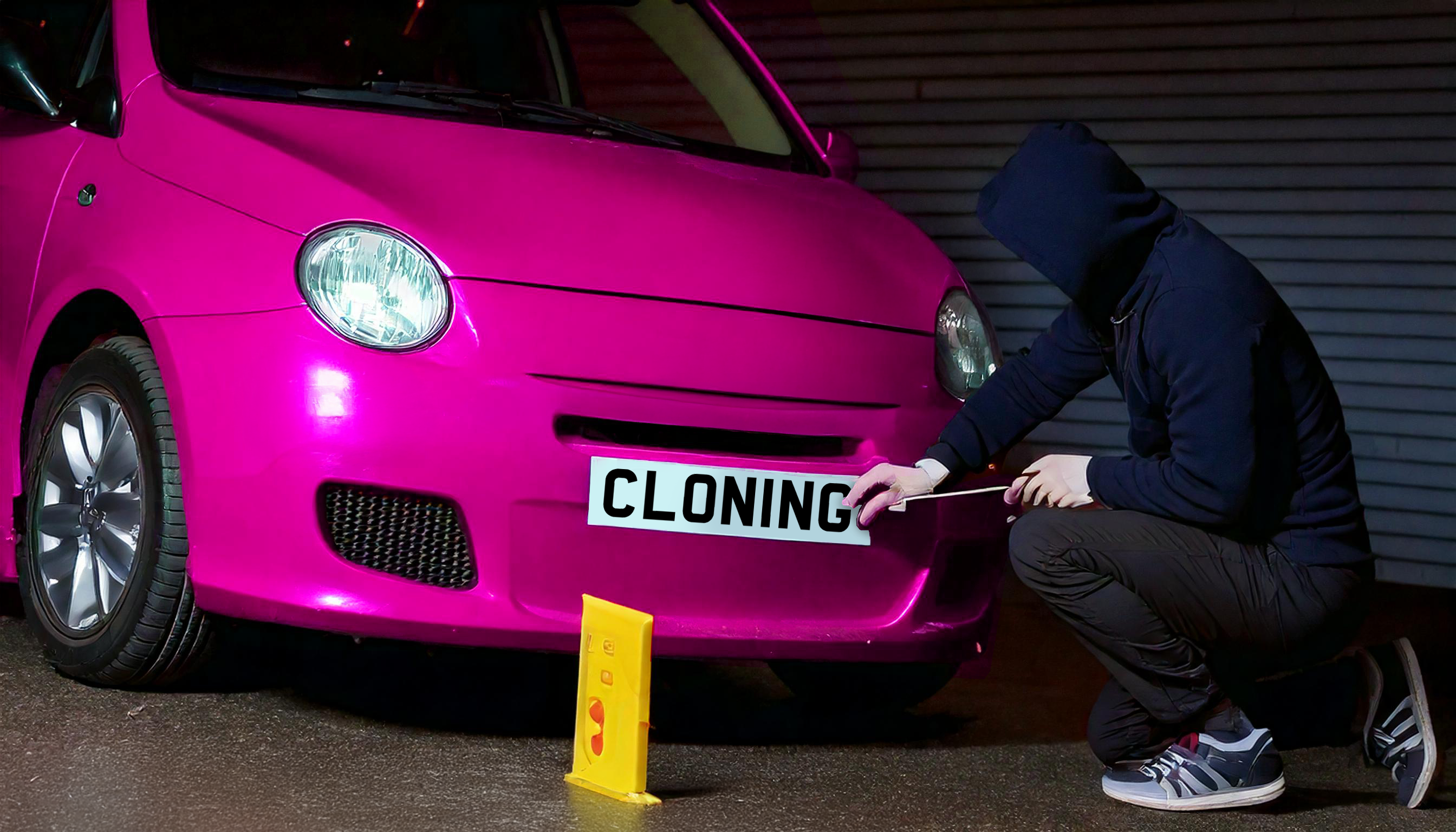
Selling a car can feel like navigating a minefield, especially with scammers lurking around every corner. In the UK, car scams are a growing concern, costing sellers thousands of pounds annually. Whether you’re listing your vehicle online or selling privately, knowing the most common car scams and how to avoid them is your best defense. This article breaks down the top scams targeting UK car sellers in 2025 and offers actionable tips to keep you safe while you “sell my car.”
Why Car Scams Are a Growing Threat
The UK’s used car market is thriving, with over 7.6 million vehicles sold in 2024, according to The Guardian. However, this booming market has also attracted scammers eager to exploit unsuspecting sellers. The stress and urgency of selling a car can make you vulnerable, especially if you’re unfamiliar with the tricks scammers use.
The Most Common Car Scams in the UK
Here are five of the most prevalent car scams targeting sellers in 2025, along with practical advice on how to spot and steer clear of them:
1. Fake Buyers Offering Overpayment
- What Happens: A “buyer” contacts you, offering to pay more than your asking price—often claiming it’s to cover shipping or fees. They send a fake check or fraudulent bank transfer, then ask you to refund the difference before you realize the payment isn’t real.
- How to Avoid It: Be skeptical of anyone offering more than your listed price—it’s a red flag. Verify all payments fully clear your bank before handing over the car or refunding any money.
2. Cloned Cars
- What Happens: Scammers sell cars that have been “cloned,” meaning they’ve stolen the identity of a legitimate vehicle. If you unknowingly buy or sell a cloned car, you could face legal headaches down the road.
- How to Avoid It: Run a vehicle history check using services like HPI Check or the DVLA’s online tool. Ensure the car’s VIN, registration, and documents match official records before proceeding.
3. Payment Scams
- What Happens: Buyers use fake cashier’s checks or sham bank transfers to “pay” for your car. By the time you discover the payment is bogus, they’ve disappeared with your vehicle.
- How to Avoid It: Stick to secure payment methods like cash or direct bank transfers. For bank transfers, wait until the funds are fully cleared—not just “pending”—before releasing the car.
4. Escrow Service Scams
- What Happens: A buyer suggests using an escrow service to “safely” handle the transaction, but the service is fake. After you transfer the car, the payment never materializes.
- How to Avoid It: Only use reputable, well-known escrow services, and verify their legitimacy yourself. Avoid any service the buyer pushes if you haven’t heard of it.
5. Phishing Scams
- What Happens: Scammers pose as buyers and trick you into sharing personal details—like your bank account or home address—under the pretense of finalizing the sale.
- How to Avoid It: Never give out sensitive information until you’ve confirmed the buyer’s identity. Use secure platforms for communication and payments to minimize risks.
General Tips for Selling Your Car Safely
Beyond dodging specific scams, these best practices will help you sell your car with confidence:
- Meet in Public: Arrange to meet buyers in busy, safe locations like shopping centers or near police stations.
- Verify Identity: Ask for the buyer’s ID and consider snapping a photo for your records (with their permission).
- Guard Your Info: Don’t share your address or financial details until you’re certain the buyer is legit.
- Secure Payments: Prefer cash or confirmed bank transfers, and double-check that funds have cleared before handing over the keys.
- Trust Your Gut: If a deal feels off or too good to be true, walk away—it’s not worth the risk.
How Market Trends Affect Sellers
The UK used car market is shifting, with electric vehicles (EVs) gaining traction. In 2024, used EV sales soared by 57.4% to 188,382 units, making up 2.5% of the market, per The Guardian. This surge has driven down prices, putting pressure on sellers of petrol or diesel cars to stay competitive. Understanding these trends can help you price your car smartly and attract genuine buyers, reducing the odds of encountering scammers.
Conclusion: Sell Smart, Stay Safe
Selling your car in the UK doesn’t have to be a gamble. By recognizing the most common car scams—like fake buyers, cloned cars, and payment tricks—and following our safety tips, you can protect your money and peace of mind. Whether you’re new to selling or a seasoned pro, vigilance is your best tool. After all, when it comes to “car scams UK,” knowledge is power.
Got more questions about selling your car? Drop a comment below or share this guide with fellow sellers to help them avoid car scams too!
Sources
- “UK used electric vehicle sales hit record last year as prices fell”, The Guardian, February 10, 2025
- AutoTrader, “Where should you sell your car? (2025 update)”


